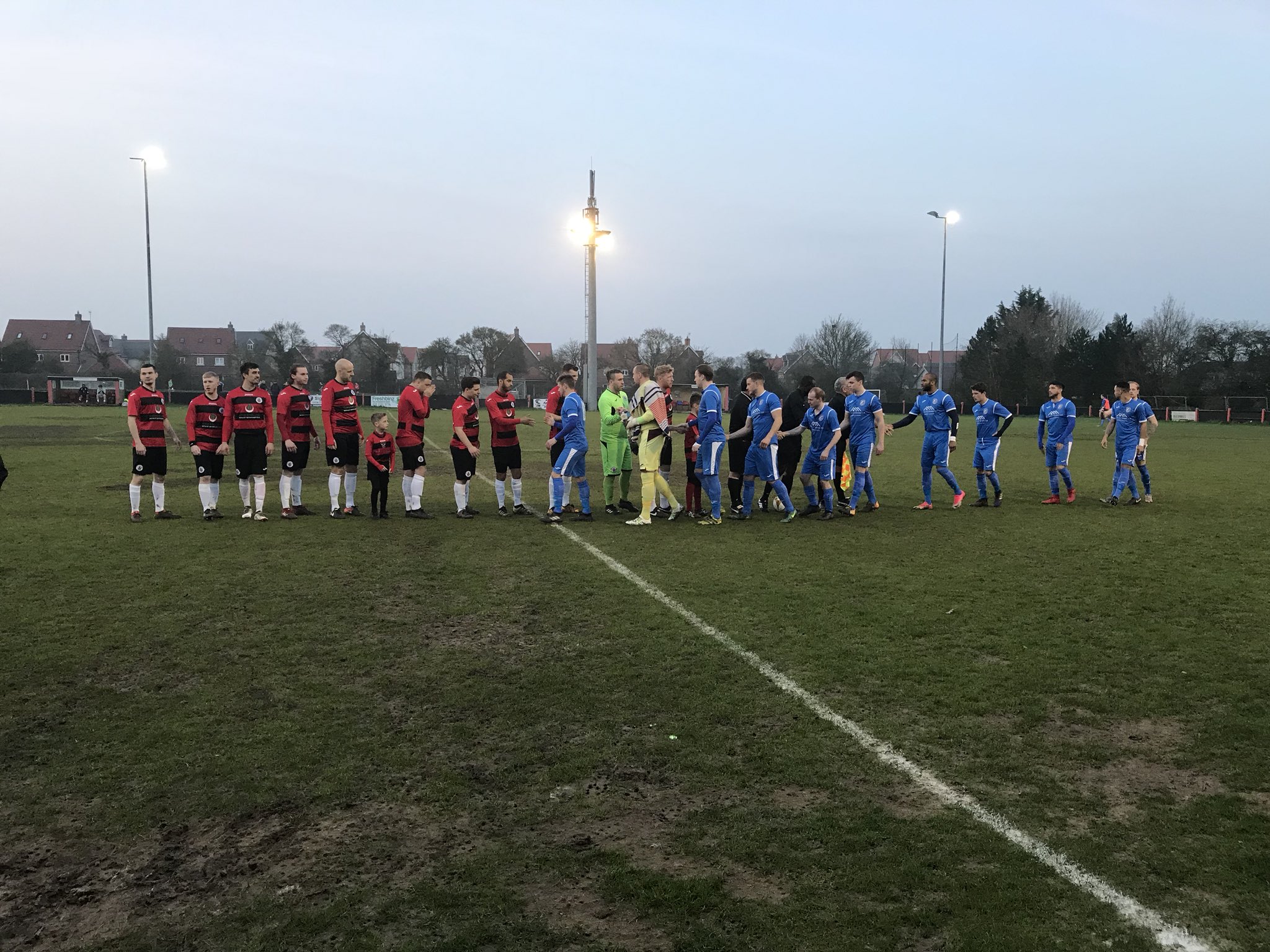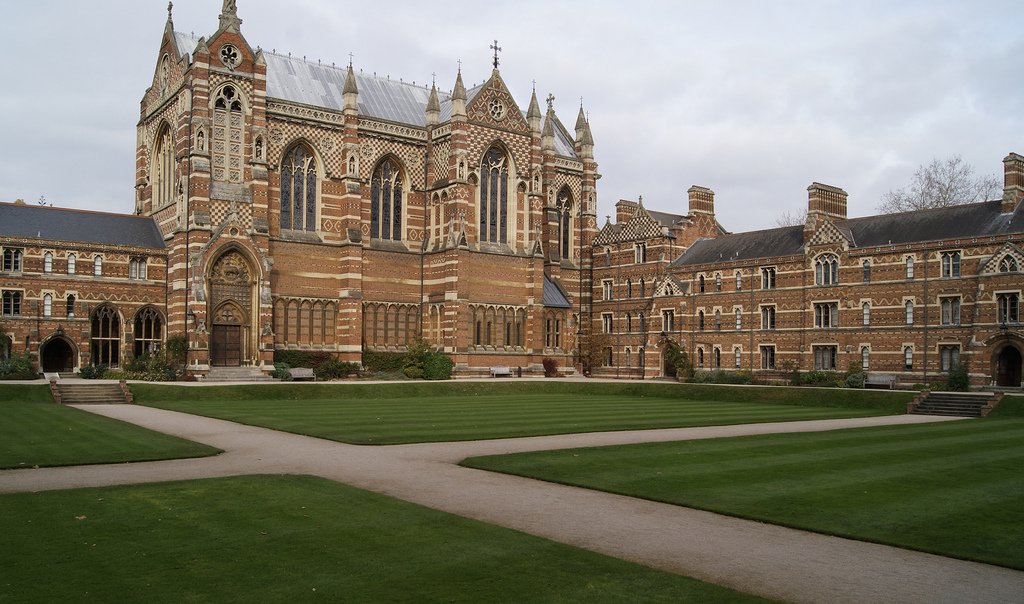Are sporting events, such as varsity, a metaphor for a divide in society?
26th April 2018
Sport has always been a place where people, of any age, gender and social background could come together. It didn't matter if you are rich or poor, you are always welcome.
However, in the last few years, it has been apparent that there is an increasing social divide. In cases of sporting events, like varsity, it always appears to be that the "richer" universities would win; I've heard phrases being chucked around saying, "we've got money, we'll smash you." And unfortunately, this could be considered to be true; it's a well-known fact that sports that have more money within them, and more funding tend to be more successful. But I've never heard these phrases within an individual sport before.
"I would like to think that something like sport would bring people together"
—Sociologist, Richard Weatherall
When you watch sport, you will always assume it's an even match-up, and what separates them is talent and hard work. You wouldn't think a factor, such as money, would determine who would win or not. But as sport has progressed over time, the importance of money and funding has increased; athletes need the latest technology footwear, the kits, the equipment and the facilities to train in, all things that add up financially.
It all starts when the athlete is at a young age, the support from their parents is critical; are they willing to drive them around everywhere? Can they afford the kit and equipment needed? Can they afford the fee's that are often required? Even at a young age, being involved in sport is expensive, and in many cases, people stop participating because they just can't afford it. Because of this, those that can afford it, progress, and those who can't, don't.
This pattern continues as the athlete gets older, the standard often increases thus meaning that there will be a need for better coaches, who have access to the best clubs and scouts, and better training facilities. For this to happen, the costs will increase, something that not everyone can afford. As well as this, the athlete will also consider university, as a backup plan in case things don't go to plan with their sport.
In recent years, universities have been offering scholarships to the best athletes; this means they get their university fees covered as long as they represent their university in their specific sport. Loughborough university is famous for this, as well as having the best facilities. Unfortunately, in some cases if you do not have the money to help you progress, you are unlikely to be considered good enough to receive a scholarship. Those that are good enough, are often England standard, who have given up their lives and had the support from their family to help fund their way up the ladder.
However, not all universities can afford the same level of scholarships that Loughborough provide. At Canterbury Christ Church they do offer scholarships, but it is not the same, they do not cover the athlete's fee's, it'll only cover all the fee's that are required to play and provide them with a gym membership.
These disparities in scholarships between universities become noticeable when they take part in their annual varsities. For those of you that don't know, Varsity is a sporting event that takes place between two rival universities, often from the same area. It's like a derby in football. It showcases both the best and the worst moments you can experience in sport, and for many, it's the biggest sporting event that they participate in.
But, its events like these that make you wonder if varsity is a metaphor for a divide in society. The social structure of the UK has historically been defined by the concept of 'social class' a concept that is still relevant today. Currently, society is divided by class, which is split up into three parts. You have the upper class, also known as the elitists; the middle class and the working class.
This social concept could also be applied to Universities, all over the country, there are rival universities. Richard Weatherall said, "Historically there have always been divides, things like technology and social media have been able to bridge divides."
There is always one university that is the 'upper class' university and the other the 'working class.' It's not just money that separates these universities, status does as well, it's like its inherited. Weatherall said, "Universities used to only be for a certain class back in the day and that's just been passed down over time"
Often the 'upper class' universities are referred to as Russell group, these are universities with a shared focus on research and a reputation for academic achievement but are known as the best universities in the country. Whereas the 'working class' universities are often polytechnic, a university that offers subjects that are technical or vocational rather than academic. The exception to this is University of Oxford and Cambridge University, this a famous rivalry between two elite universities.
If you watch a varsity game, it is always between one 'upper class' university and one 'working class' university, and 9/10 the 'upper class' university will win. This is a good metaphor for society because those that are wealthy tend to do well in life, and those that are working class don't do as well. Obviously, there are exceptions to this, but in an article for the Telegraph, studies have suggested that: "wealthy parents create 'glass floor' to ensure children succeed regardless of talent."
This could be reflected in University culture because unfortunately, the university that you attended makes a huge impact on whether you get the job or not. Employers prefer universities that are more well-known and of a higher status, for example, they would likely pick someone who went to Oxford University, over someone who went to Sheffield Hallam.
In an ideal would, everyone would be a winner. There would be no class system, no divide, common ownership amongst people; everyone would be able to support themselves and no one would be left behind. It's a dream reality for some people, but that is not the society we live in. We live with capitalism, and while it does bring a divide in society, it is also the basis for all successful societies. This is why sporting events, such as varsity, can be used as a metaphor for society. There will always be just one winner.

